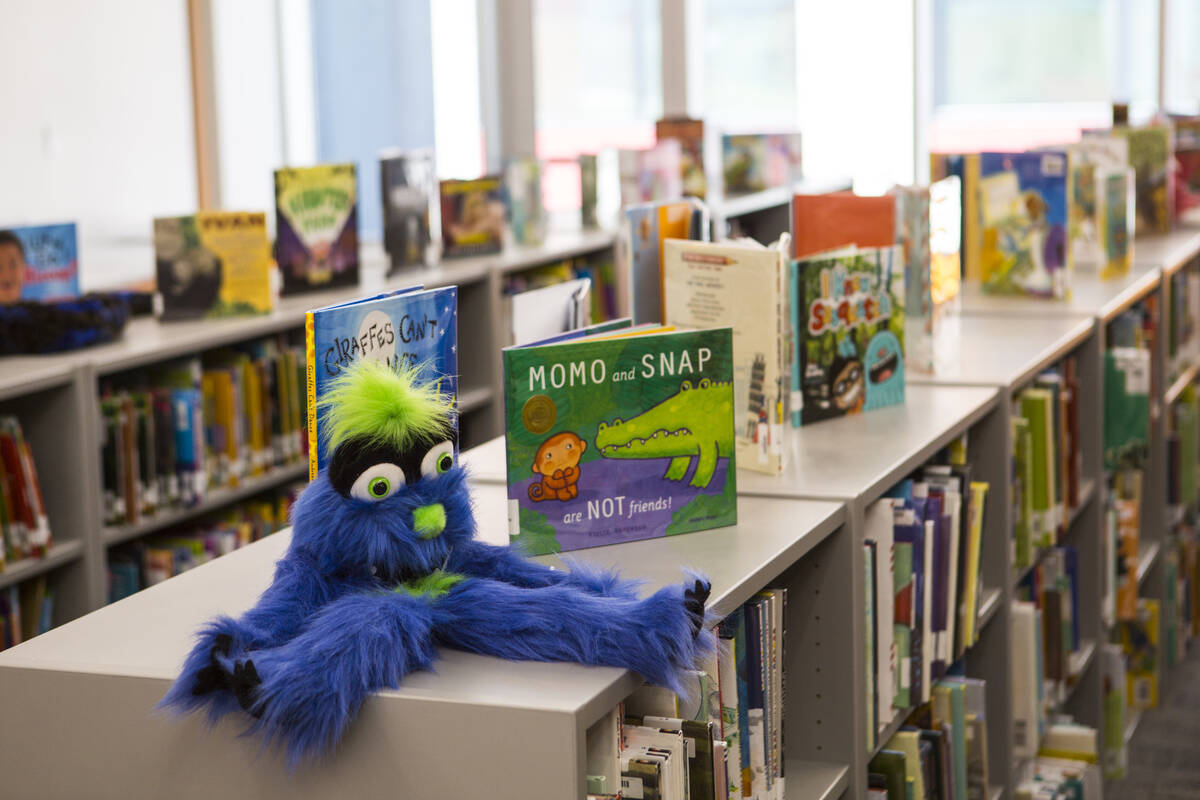A school librarian in the Clark County School District has taken the unusual step of filing a police report after a school trustee expressed concern over the presence of pornographic material in school libraries. The incident began when Nicole Beer, the librarian at Reynaldo Martinez Elementary School, reacted to an Instagram post by Trustee Lydia Dominguez. Dominguez’s post read, “I pray for the children exposed to pornographic material in our libraries. In Jesus name cleanse these libraries from all evil.”
In her statement to district police, Beer expressed her distress over Dominguez’s comments, stating, “This is a statement from a fellow employee that I could be prosecuted for.” The situation highlights a growing tension surrounding educational content in schools, particularly regarding what is deemed appropriate for children.
Concerns Over Inappropriate Material
Dominguez has been vocal about her belief that children have access to inappropriate materials in school libraries. During a recent legislative testimony, she claimed that the district contains books so explicit they are prohibited in men’s prisons. This statement raises critical questions about the nature of the materials available to students and the responsibilities of school librarians.
Despite Dominguez’s concerns, Beer’s reaction to the trustee’s comments has drawn skepticism. Observers have noted that a school librarian might typically defend the integrity of the library’s collection rather than seek police intervention. The fact that Beer chose to go to the authorities suggests an underlying anxiety about the legal implications of criticism directed at her profession.
The police report addressed Beer’s complaint, asserting that the Instagram posts were “not threatening in nature under NRS 392.915 or meeting the criminal element for Harassment.” The district police officer dismissed her claims, indicating that the statements made by Dominguez fell within the realm of free speech rather than legal threats.
Legislative Context and Community Reactions
The broader implications of this incident resonate with recent legislative efforts in Nevada. This past session, all legislative Democrats supported Assembly Bill 416, a bill that could have classified opposition to pornographic books in schools as a felony. Fortunately, Nevada Governor Joe Lombardo vetoed the bill, averting potential legal consequences for those advocating for content regulation in schools.
The situation at Reynaldo Martinez Elementary School has sparked a dialogue among parents and community members about the appropriateness of educational materials. Many express concern that libraries might contain content that is unsuitable for young audiences.
Despite the controversy, Beer remains listed as the school librarian on the official website for Martinez Elementary. Her public persona includes a photo in which she wears a shirt reading “check your privilege,” a statement that some interpret as dismissive of parental concerns about educational content.
As the debate continues, parents and guardians are urged to remain vigilant about the materials accessible to their children in schools. The ongoing discussions reflect a larger societal divide over educational content and the role of libraries in shaping young minds. The reaction to this incident underscores a critical need for transparency and dialogue between educators, parents, and school officials.
